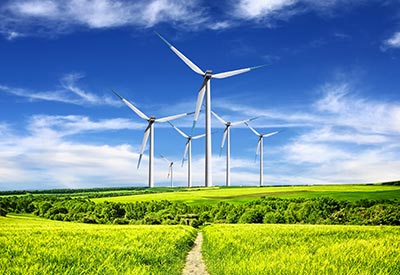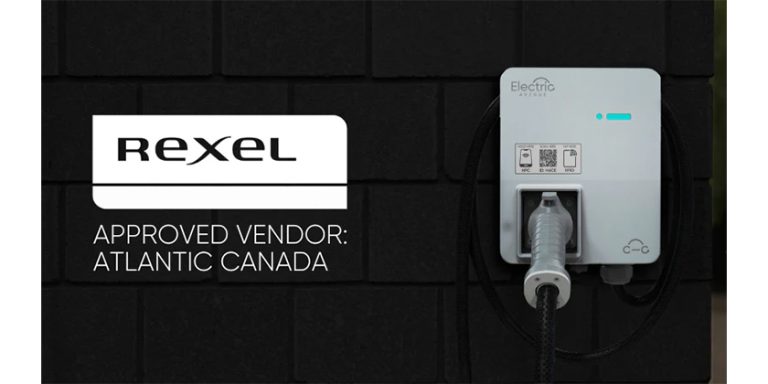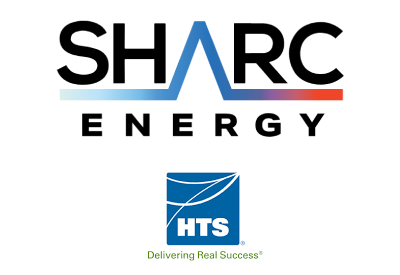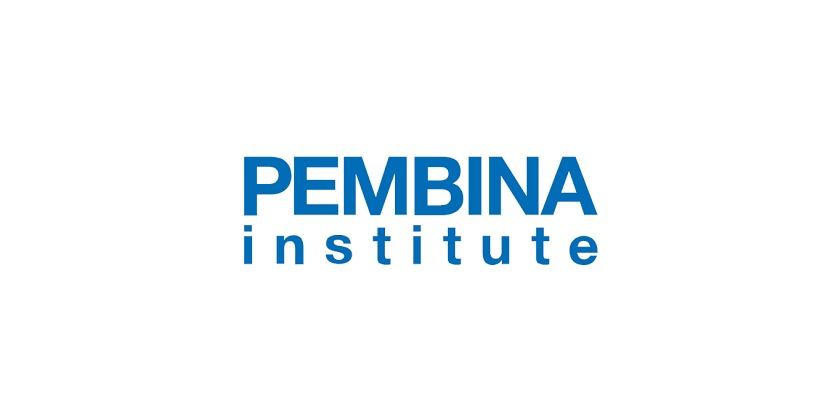Hydro Quebec Addresses Report by MEI on Electrification Potential
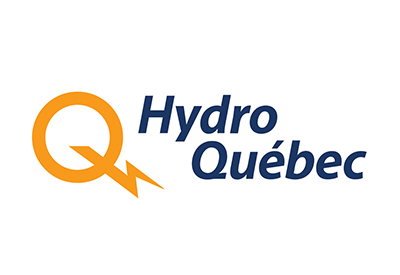
June 24, 2020
Hydro-Quebec have issued a press release to address certain comments made in the research paper entitled Energy in Quebec: What Role for Natural Gas in the Context of Electrification? published by the Montreal Economic Institute (MEI) on May 13. As per Hydro-Quebec, the author does not rely on accurate data nor consider the full range of upcoming technological changes in the electricity sector.
Below is Hydro-Quebec’s statement regarding the report:
First, in its research paper, the MEI elected to refer to a Journal de Montréal article published in October 2019 in its assessment of the nature of Hydro-Québec’s surpluses, which the article estimated at 18 TWh. However, in November 2019, we published official data in this regard in our Overview of Hydro-Québec’s Energy Resourcesortrait, in which we state that “Hydro-Québec’s generating stations and other sources of supply have enough capacity to exceed the company’s needs by more than 40 TWh of available energy annually.” With this energy, the company will be able to power Québec’s economic development while boosting its contribution to the decarbonization of neighboring markets by signing new long-term export contracts.
Second, the MEI uses incorrect hypotheses to question system’s ability to ensure that a large number of electric vehicles can be recharged during a winter peak period. In fact, we evaluated data from over 500 charging stations installed on our customers’ premises on very cold days. According to our findings, those customers’ increased electricity consumption during the most critical hours of the winter peak reached a maximum of 1 kW per vehicle, rather than the 7 kW stated by the author. In addition, not all heavy vehicles in service in Québec are expected to be converted to electricity. Several other options are being explored, for instance clean hydrogen, which could be produced in Québec from water and our hydropower. In the short term, biofuels are very promising and new companies are already looking at the possibility of establishing sustained production in Québec.
Energy efficiency and technological advances will support electrification
Third, in the chapter addressing Hydro-Québec’s production capacity, the author does not take into account the ongoing energy efficiency efforts or technological advances already being deployed, which will enable Hydro-Québec to manage the peak demand associated with electric heating.
The electrification of the economy will naturally be accompanied by new energy efficiency measures that will be deployed in the coming years. As reported in HEC Montréal’s État de l’énergie au Québec (in French only), a publication nevertheless frequently referenced by the author, this potential could exceed 20%, according to a technical and economic assessment by TEQ. At Hydro-Québec, several examples of these efforts are already in place, including the Hilo subsidiary, the Demand Response program, as well as various solutions designed for our business customers.
New technologies will also play an increasingly important role in peak demand management, such as storage, distributed solar energy and home automation.
Québec’s wind power generation complements hydropower
Finally, although it is true that wind power is an intermittent energy source, it is important to add that thanks to a balancing service, we are able to deliver 40% of the capacity of wind turbines installed in Québec in winter and 30% in summer. Contrary to what is stated by the author, this balancing service provides a stable delivery of electricity, which means it can be included in our available capacity forecasts during peak periods.
Although energy efficiency efforts are key to Hydro-Québec’s main electricity supply in the coming years, generating electricity from renewable sources could be increased if warranted. The author only mentions the hydropower potential, but other sources could be exploited, such as wind power or photovoltaic solar power, which has considerable potential in the province. New increasingly available technologies could even allow our customers to provide electricity to Hydro-Québec whether through their electric vehicle batteries or solar panels.



